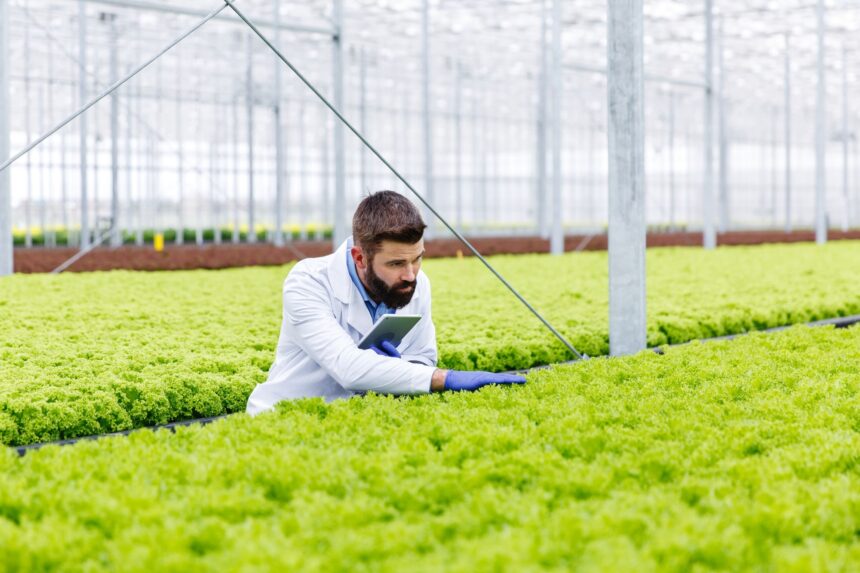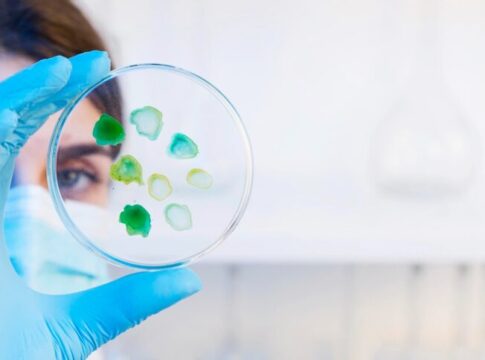Precision agriculture, also known as precision farming or smart farming, is an approach that utilizes advanced technologies and data analytics to optimize agricultural practices. It aims to enhance crop yield, reduce resource inputs, minimize environmental impact, and improve overall sustainability in agriculture. Precision agriculture combines various technologies such as remote sensing, geographic information systems (GIS), global positioning systems (GPS), and data analytics to enable farmers to make informed decisions based on real-time information.
Here are some ways in which precision agriculture enhances crop yield and sustainability:
- Precision Crop Management: Precision agriculture allows farmers to monitor and manage crops at a high resolution and on a site-specific basis. Sensors, drones, and satellite imagery can provide data on factors such as soil moisture, nutrient levels, and pest infestations. This information helps farmers tailor their interventions, such as irrigation, fertilization, and pest control, to specific areas of their fields, optimizing resource utilization and minimizing waste.
- Variable Rate Technology (VRT): VRT enables farmers to apply inputs, such as fertilizers and pesticides, at variable rates based on the specific needs of different areas within a field. By using precision agriculture tools to create prescription maps, farmers can precisely apply inputs where they are most needed, reducing costs and minimizing environmental impact.
- Improved Resource Efficiency: Precision agriculture allows farmers to optimize resource usage, including water, fertilizers, and pesticides. By applying these inputs judiciously and precisely, farmers can minimize waste and avoid overuse, resulting in more efficient resource utilization and reduced environmental pollution.
- Remote Sensing and Imaging: Remote sensing technologies, including satellite imagery and drones, provide valuable data on crop health, growth patterns, and field variability. This information enables farmers to identify issues such as nutrient deficiencies, water stress, or disease outbreaks at an early stage, allowing for timely interventions and improved crop management.
- Decision Support Systems: Precision agriculture utilizes data analytics and decision support systems to process and analyze large amounts of data collected from various sources. These systems provide farmers with actionable insights and recommendations for optimizing their farming practices, enabling more informed decision-making and better overall management.
- Conservation and Sustainability: Precision agriculture promotes sustainable farming practices by minimizing the use of agrochemicals and reducing the environmental impact of agriculture. By optimizing inputs and reducing chemical runoff, precision agriculture helps preserve soil health, water quality, and biodiversity, contributing to long-term sustainability.
- Yield Mapping and Documentation: Precision agriculture tools allow farmers to generate yield maps that depict spatial variations in crop productivity within a field. These maps help identify yield-limiting factors and optimize management practices for future seasons. Documentation of farm operations and results also enables farmers to track performance over time and make data-driven decisions for continuous improvement.
Precision agriculture is an evolving field, and ongoing advancements in technology, data analytics, and connectivity will continue to drive its progress. By adopting precision agriculture practices, farmers can optimize crop yields, improve resource efficiency, reduce environmental impact, and contribute to the long-term sustainability of agriculture.








